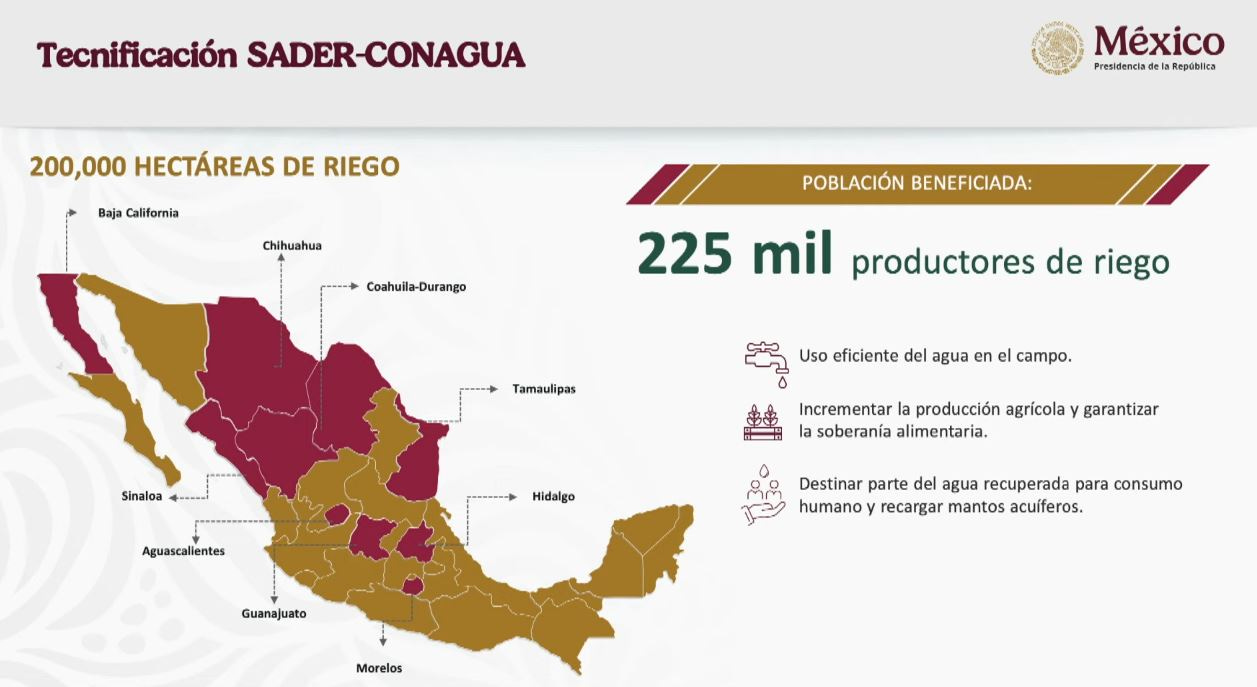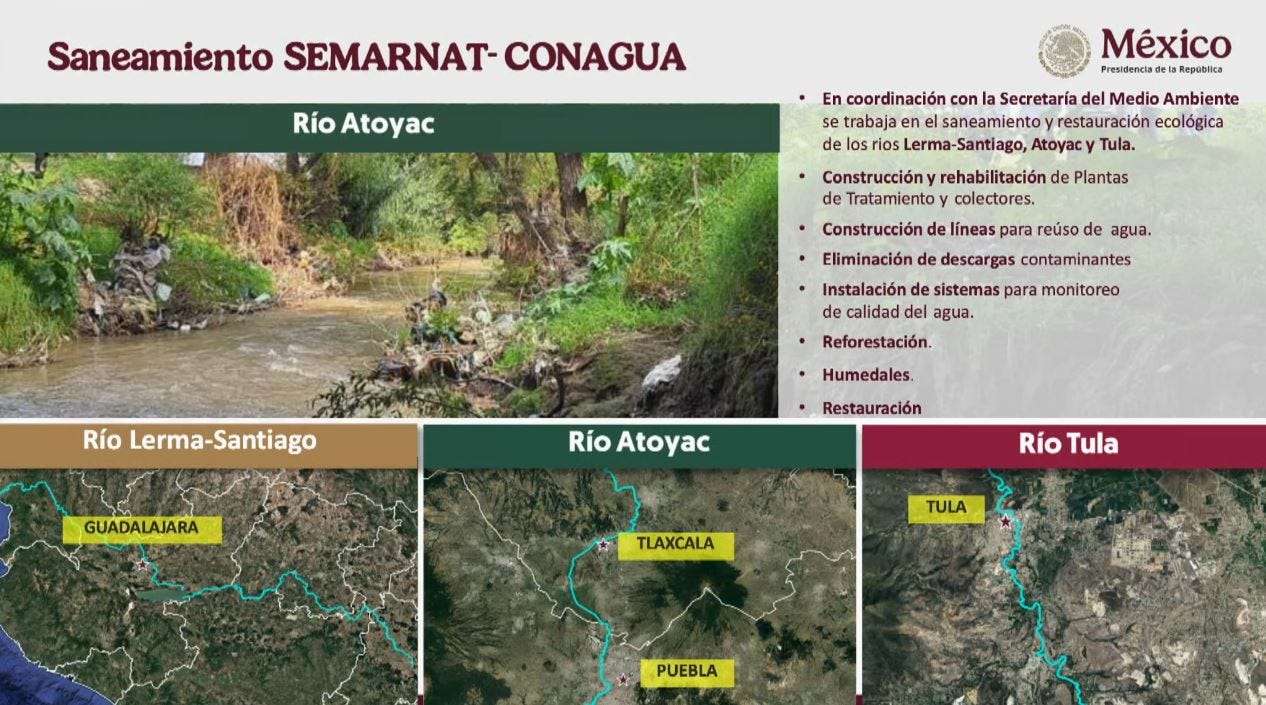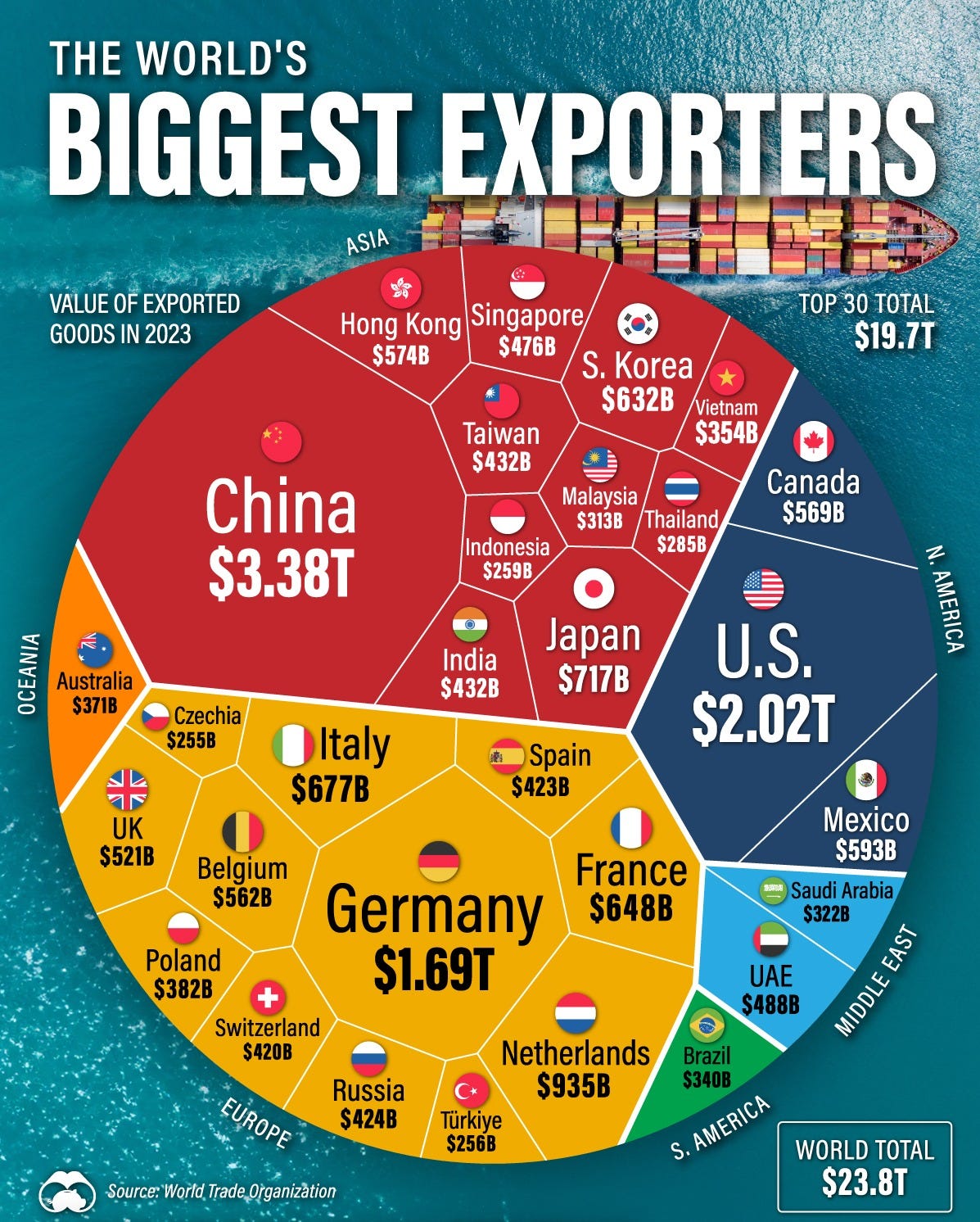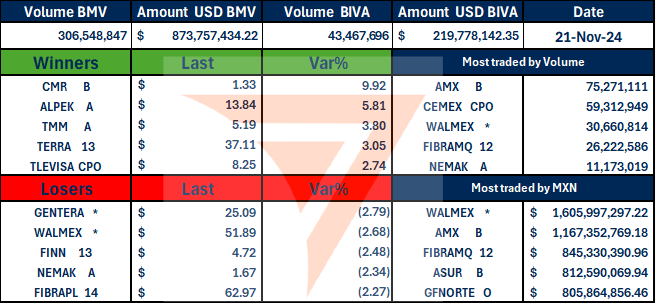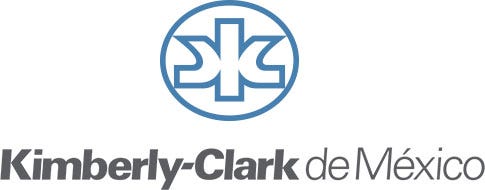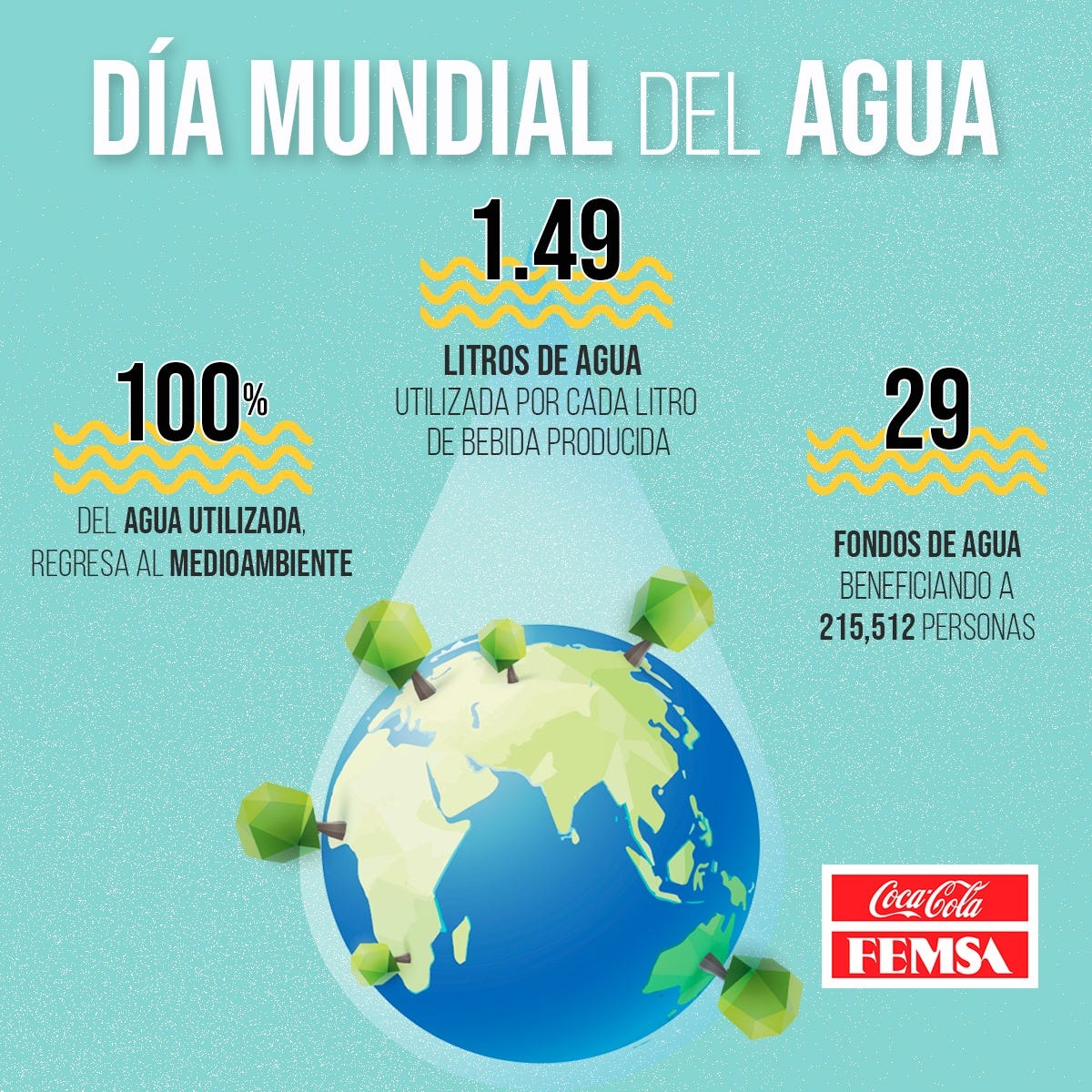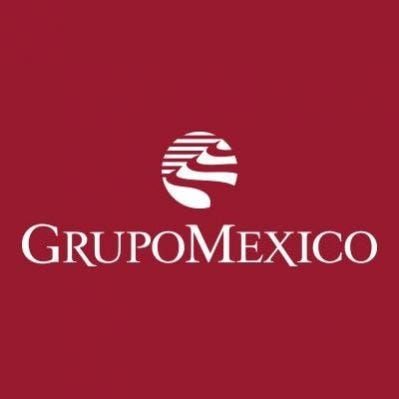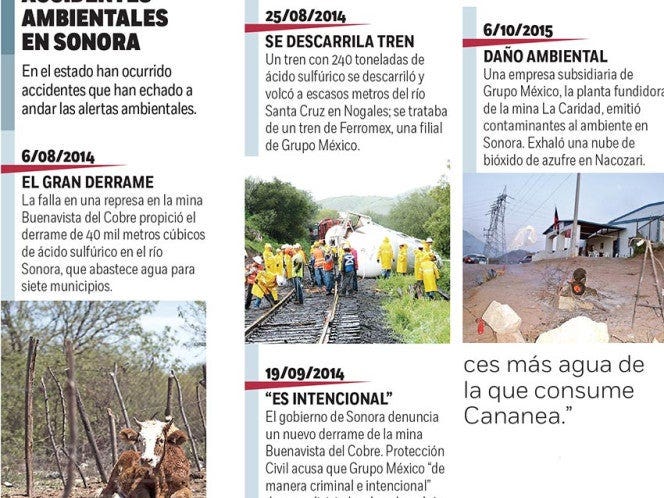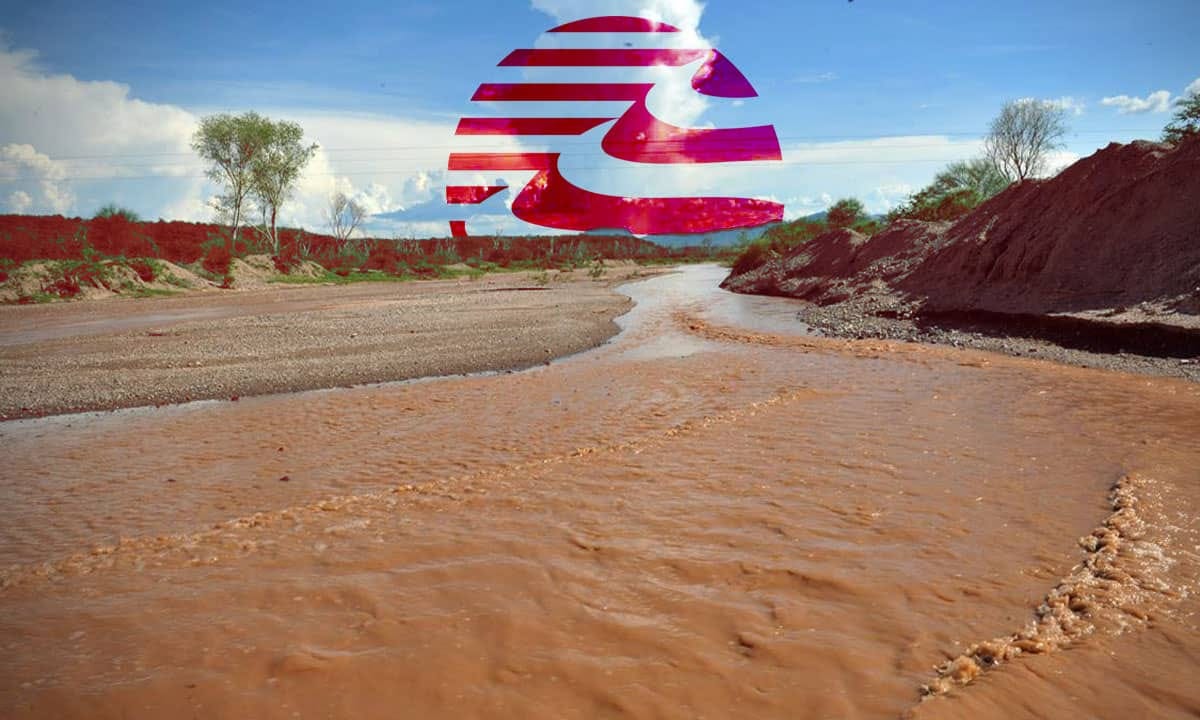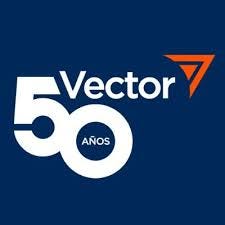MEXICO WATER PLAN: 20 BILLION PESOS INVESTMENT AND REVIEW OF CONCESSIONS
Through these initiatives, Sheinbaum's plan aims to ensure that water is recognized as a human right and a national good, fostering sustainable use and equitable access for all citizens.
Sheinbaum Presents New Water Plan to Guarantee the Right to Water: These Are the 5 Key Points
President Claudia Sheinbaum presented the national water plan, which consists of five main points aimed at guaranteeing the right to water for all. According to Efraín Morales, Director of the National Water Commission (Conagua), the main objective of the water plan is to "guarantee the human right to water in sufficient quantity and quality, ensure the sustainability of resources, and promote the responsible management of water in all its uses."
Morales explained that in Mexico, 76% of water is used for agriculture, 15% for urban public use, and 9% for industry and energy generation. As a result, much of the plan focuses on addressing the largest consumer—agriculture.
The five main actions outlined by President Sheinbaum to be implemented during her administration in terms of water management are:
Regulation of Concessions
Efficiency in Agricultural Irrigation through Technification
Creation of a Master Plan for Municipalities, States, and the Government for the Use and Creation of Infrastructure
Implementation of Strategic Projects
Environmental Sanitation—specifically of the Lerma-Santiago, Atoyac, and Tula rivers, through reforestation, restorations, wetland construction, water reuse pipelines, treatment plants, collectors, and eliminating pollutant discharges.
Water Agreement Between Government and Industry
Additionally, a "National Agreement for the Human Right to Water and Sustainability" is planned, in which the government, industry, and irrigation districts commit to progressively returning concessioned water.
So far, commitments have been made to return up to 2.5 billion cubic meters of water—equivalent to two years of water supply for Mexico City.
The agreement, which will be signed on November 15, also includes community projects, water reduction in industrial processes, awareness campaigns, and other actions.
How Water Concessions Will Be Organized
Morales explained that between 1993 and 2003, more than 360,000 water concessions were granted, leading to practices of water hoarding, overexploitation, and other negative impacts. As a result, the federal government will review the concession titles, and if they are not being used, they will be re-incorporated into the National Waters.
A new centralized database, the National Water for Well-being Register (RENAB), will be created to replace the Public Water Register, which was fed by four separate systems, complicating the integration of information. Additionally, procedures for the concession and regularization of water will be digitized and simplified.
A nationwide inspection program will be implemented to prevent irregularities in water use. Citizens who detect violations can report them at denunciaciudadana@conagua.gob.mx.
A decree with facilities for regularizing expired concessions is also planned, as long as they comply with the law and there is available water. This will allow producers to access subsidies, credits, and government programs.
New Water Master Plan and Agricultural Technification
According to the head of Conagua, over 200,000 hectares of irrigation will be technified to make water use more efficient and increase agricultural production. The recovered water from technification will be used for human consumption and for recharging aquifers.
The master water plan will be carried out in collaboration with the states and will focus on building infrastructure and improving existing infrastructure. Funding for these actions will come from both the federal budget and the states.
Morales mentioned that the plan will focus on actions for the next 30 years, allowing the country to "enhance its capabilities."
Strategic Water Projects of Sheinbaum's Plan
The Director of Conagua outlined 16 strategic water projects planned during President Sheinbaum's term, which include:
El Novillo Dam in La Paz, Baja California Sur
Playas de Rosarito Desalination Plant, Baja California
Hermosillo Dam System, Sonora
Tunal II Dam, Durango
Milpillas Dam, Zacatecas
Ciudad Victoria II Aqueduct, Tamaulipas
Las Escobas Dam, San Luis Potosí
Trunk Networks for the Agua Saludable project, Dgo-Coahuila
Solís-León Aqueduct, Guanajuato
Zacualpan II Aqueduct, Colima
La Cangrejera-Coatzacoalcos Aqueduct, Veracruz
Paso Ancho Dam, Oaxaca
Acuaférico Campeche
Flood Protection Works in Tabasco
Integrated Plan for Acapulco, Guerrero
Comprehensive Supply Plan for the Mexico City Metropolitan Area
Sheinbaum's Hydrological Plan: Water for Wellbeing
On November 21, 2024, the Mexican government presented an integrated hydrological plan to guarantee access to water as a fundamental human right and ensure its availability both in the short and long term. In her intervention during La Mañanera, President Claudia Sheinbaum emphasized that water would no longer be seen as a commodity and would reaffirm its status as a national resource belonging to the people.
Sheinbaum’s Hydrological Plan focuses on four key pillars, through which it seeks to transform the management and distribution of water in the country:
Water Policy and National Sovereignty
Mitigation of Environmental Impact and Adaptation to Climate Change
Justice and Access to Water
Integrated and Transparent Management
One of the central points of the plan is the review and regulation of water concessions. The government will conduct a comprehensive review of concession titles to ensure that those not in use are returned to national control, guaranteeing that available water is managed efficiently. To achieve this, the National Water Registry for Wellbeing will be created, a unified database that will centralize all water-related information in Mexico, promoting transparency and eliminating corruption.
Additionally, the plan will promote digitalization of water management processes, simplifying procedures for citizens and providing a single window for management. A national inspection and control program will be implemented to detect and correct irregularities in water use, with active collaboration from citizens, as well as local and federal governments.
This plan also includes the reform of the National Water Law and the creation of a new General Water Law, aimed at strengthening water resource management, defending the rights of the population, and ending the privatization and hoarding of water.
The National Hydrological Plan is projected to have an investment of 20 billion pesos in 2025, allocated to projects that will ensure the sustainability of water in the country. This includes the technification of agricultural irrigation, a key measure to improve water use efficiency in agriculture, which consumes 76% of the country’s water resources. The plan is expected to benefit 225,000 producers and increase agricultural productivity by 51%.
This set of actions aims to guarantee that all people have access to water and that the resource is used in a responsible and equitable manner, addressing Mexico's water crisis with a sustainable and fair approach. INFOBAE
Trudeau Does Not Rule Out Leaving Mexico Out of a Future Trade Agreement with the US, but Everything Depends on Sheinbaum
Prime Minister Justin Trudeau stated that Canada wants to maintain the T-MEC, the trade pact between the United States, Mexico, and Canada, but might need to consider alternatives depending on the decisions made by the government of Claudia Sheinbaum, President of Mexico.
In recent days, Canadian officials have expressed concerns that Beijing could exploit the agreement by using Mexico as a base to export cheap products.
"We have an absolutely exceptional trade agreement right now… it’s something we would like to continue. That is my first option," Trudeau said in a televised press conference.
"We will ensure jobs and growth for Canada in the long term. Ideally, we would do this as a united North American market, but depending on the decisions and choices Mexico makes, we may have to consider other options."
Trudeau mentioned that he raised his concerns about Chinese investments in Mexico with President Claudia Sheinbaum during their meeting at the G20 summit in Rio de Janeiro, Brazil. The trilateral pact will be reviewed in 2026.
"There are real and genuine concerns about Chinese investments in Mexico, which I raised directly with the Mexican president (Claudia Sheinbaum, during the G20 summit in Brazil), and the three countries will need to address them," Trudeau stated during a press conference.
"We're keeping the door open because my job is and always will be to defend Canadian workers, the Canadian economy, and Canadian interests," he added.
Sheinbaum asserts that Trudeau 'does not agree' on excluding Mexico from the T-MEC
The leader of the Canadian province of Ontario said on Wednesday that all provincial and territorial governments in Canada want the federal government, led by Justin Trudeau, to negotiate a bilateral trade agreement with the United States excluding Mexico.
However, Trudeau emphasized that he and Sheinbaum agreed to stay in close contact to advance shared priorities and are looking forward to future opportunities for further dialogue. He also stressed the importance of regional economic security and the results that the T-MEC has brought. Forbes
VECTOR SALES AND TRADING DESK
MEXICO WATER PLAN: PRIVATE SECTOR PARTICIPATION CRUCIAL ONCE AGAIN
President of the Water Council Highlights the Need for 180 Billion Pesos for Water Projects in the Federal Budget
The President of the Water Council emphasized that to address the water-related challenges in the country, 180 billion pesos are required within the federal budget for water projects.
He pointed out that it is important and necessary to take this proposal seriously, as it represents only a small portion of the total federal budget.
While acknowledging the budget constraints, he stated that now is the time to put aside animosities and allow private sector participation to complement public investment in water infrastructure.
The President of the Water Council agreed with President-elect Claudia Sheinbaum on the need to review and regulate water concessions, as there were instances of abuse during the previous administration.
MEXICO 230 AGENDA NEEDS TO COME SOONER RATHER THAN LATER
The 2030 Agenda for Sustainable Development Since 2015, the SDGs have been increasingly accepted and applied in the financial markets as an additional lens through which to view environmental, social and governance (“ESG”) considerations. Mexico adopted the 2030 Agenda as a state commitment and a long-term orientation for the whole country, which will transcend different branches of government and unite all of its agencies towards a common goal. The current Mexican national strategy represents a long-term, multi-sector and multi-actor vision that will lead the country towards full compliance with the SDGs, under the principles of the 2030 Agenda.
MEXICO SUSTAINABLE DEVELOPMENT BOND ALLOCATION:
In order to face environmental and social challenges, countries have had to take action to plan and implement innovative public policies in several aspects. The Ministry of Finance and Public Credit of Mexico (SHCP for its acronym in Spanish) took a significant step by developing a methodology to link national budgetary expenditures to the Sustainable Development Goals (SDG) of the United Nations in 2018. By establishing a connection between national budgetary expenditures with specific SDG goals, the SHCP was able to develop its thematic public debt agenda, through the publication of Mexico’s SDG Sovereign Bond Framework (“Framework”). The Framework and broader thematic debt program is recognized as one of the most robust in the Latin American region, and among emerging markets countries. Since its first SDG Bond issuance in 2020, the SHCP has continually engaged with investors both locally and internationally, to better communicate the advancement of the SDG Bonds strategy. In this transparency effort, the SHCP has also fostered communication with other sovereign issuers in the region, in order to socialize the actions taken towards financing sustainable projects linked to certain SDGs and offer investors the possibility to redirect financing efforts towards sustainable development. The publication of the Framework, the subsequent sustainable bonds issuances, and the elaboration of the Allocation and Impact Reports are all integral components of the broader Sustainable Finance Mobilization Strategy (“Strategy”) led by the SHCP. These initiatives represent ongoing efforts to institutionalize innovation efforts.
KIMBERA: A Key Rival to AMLO's Administration Amid Water and Regulatory Concerns.
In Kimberly-Clark's 2023 Annual Report, the company highlighted the significant risks posed by water scarcity to its operations, particularly in relation to the sustainability of its water concessions. The company stated that water is a critical resource in its manufacturing processes, with its plants relying on various supply sources.
"Water scarcity or the inability to maintain existing water concessions could adversely affect our business.
Water is an essential component in the manufacturing processes of our products, sourced from various supply sources for our plants.
Water concessions are generally granted based on studies of the existing and forecasted availability of groundwater, as well as based on usage volumes. Our existing water concessions may be terminated under certain circumstances or may not be renewed on satisfactory terms. Additionally, as a result of the transfer of our paper and notebook division, Bio Pappel Scribe provides certain services in two of our plants in accordance with existing wastewater treatment contracts, which are constantly being renewed. These contracts may be terminated or may not be renewed on satisfactory terms for the company.
In some of our production plants, our current water supply may not be sufficient for our future needs, and the available water supply may be affected by shortages, regulatory changes, or climate changes. Furthermore, we cannot guarantee that we will be able to find alternative sources to meet our water needs in case the water supply is insufficient to satisfy the company's current or future requirements."
Source: Page 29, 2023 Kimber Annual Report to the Mexican Stock Exchange (BMV). KIMBERA 2023 ANNUAL REPORT
On December 14th, 2020. The article titled "Los millonarios del Agua" from the Universidad Autónoma de México (UAM) sheds light on the concentration of water rights in the hands of a few major players in the Mexican economy. According to the report, these large entities—including prominent corporations such as Kimberly-Clark, Femsa, Azteca, Bachoco, Herdez, and various mining companies—hold significant water concessions granted by the Comisión Nacional del Agua (Conagua), the Mexican water authority. These companies together control a large portion of the country's water resources, with just 1.1 percent of water concession holders accounting for 20 percent of the total water allocated for commercial use.
Notably, among the major players in this system are figures like Claudio X. González (associated with Kimberly-Clark) and Ricardo Salinas Pliego (of Banco Azteca). These individuals and their companies are part of a broader trend where water, a vital and limited resource, is increasingly controlled by large private entities, often with insufficient oversight or regulation, according to the findings of the UAM's research.
ELEKTRA*: Court Grants Provisional Measure to Suspend Trading of ELEKTRA Securities Pending Resolution.
A court has granted a provisional precautionary measure, ordering the National Banking and Securities Commission (CNBV) to uphold the suspension of the trading of ELEKTRA securities until the matter is substantively resolved. This decision follows legal proceedings concerning the company's trading activities, which remain on hold as the court evaluates the case further.
KOFUBL: Coca-Cola FEMSA Reduces Water Use by 21% per Beverage Produced, Achieving Sustainable Bond Targets
On September 5th 2024 Coca-Cola FEMSA, the largest bottler in the Coca-Cola System in Latin America, reported a 21% reduction in water usage per beverage produced, meeting the target outlined in its sustainable bonds “KOF 21-2L”. This achievement, verified by an independent external audit, was disclosed in a communication to the Mexican Stock Exchange (BMV). The company highlighted that this progress ensures that the conditions of its sustainable bonds, including the interest rate, will remain unchanged.
According to the Mexican multinational, to achieve this goal, it implemented a water efficiency strategy across all its operations, with a total investment of $17.42 million between 2022 and 2023 in programs that include technological innovations and improvements at all its production plants. This has enabled the company to reduce its water usage ratio to 1.36 liters of water per liter of beverage produced, based on its 2016 baseline, further consolidating its leadership in sustainability within the industry. KOFUBL
AC*: Arca Contal The second-largest Coca-Cola bottler in the Americas has reduced the water needed to produce its beverages by 25% over the past ten years.
It treats 100% of the water that is not incorporated into its beverages, which is then donated for irrigation of green areas, such as at its Aguascalientes plant, among other initiatives.
An example of this is the direct connection of treated water from the Aguascalientes plant to the municipal treated water network, which allows the company to make use of up to 200,000 liters of water per day to benefit 8,000 square meters of green areas.
GMEXICOB: On July 12, 2024. Río Sonora Committees Slammed Grupo México’s Water Exploitation, Demanded Accountability for Environmental Damage
The Comités de Cuenca Río Sonora (Río Sonora Basin Committees) are organized groups of local communities, environmental activists, and stakeholders in the Sonora region.
The False Sustainability of Grupo México: It Is Legal to Overexploit Water Resources and Deprive Communities of Water
Hermosillo, Sonora, July 12, 2024. For more than a month, the residents of Bacoachi have maintained a blockade preventing the passage of Grupo México’s water trucks, which extract the already scarce water from the region. This action followed accusations from the local communities that the company was improperly exploiting Sonora’s water resources. On July 10, Grupo México issued a statement rejecting these accusations, claiming that their use of water is "legal and sustainable." However, there is clear evidence of their irregular operations and how their practices have significantly contributed to water scarcity and contamination in Sonora, severely impacting the environment and violating the human rights of local communities.
In response to these statements, the Río Sonora Basin Committees express our disagreement and deep concern, and we believe it is essential for authorities, society, and the media to consider the following points:
1. Regarding the concessions:
President López Obrador revealed that in 2018, a former CONAGUA official (who was later hired by the company) granted questionable water concessions to Grupo México. That the mining company holds these concessions does not imply transparency in the processes through which they were obtained or in their activities.
2. Regarding sustainability:
How can a company that exploits a watershed confirmed to be under severe water stress, overexploitation, and drought speak of sustainability? According to the SEMARNAT environmental assessment, the overexploitation of the region’s aquifers “is unequivocally due to the increased copper production at the Buenavista del Cobre mine.” A recent study by SEMARNAT, IMTA, and ITSON confirms that the aquifers of the Río Bacoachi and Río Bacanuchi have experienced significant declines in their piezometric levels, largely attributed to the mining activities of Grupo México.
3. Regarding water exploitation and drought:
To justify the availability of water in the Río Bacoachi aquifer, CONAGUA has relied on a study conducted and funded by Grupo México in 2017. How can it be justified that these results are considered valid seven years later? Grupo México claims that there is no connection between the drought and its mining activities; however, there is a direct relationship between its mining operations and water scarcity. Recent environmental studies show that Grupo México controls 57% of the water in the upper part of the Río Sonora basin.
4. Regarding compliance with the current law:
Although Grupo México claims to “operate in accordance with current legislation,” the law also allows for water use to be restricted in cases of drought and overexploitation. The Federal Constitution establishes a hierarchy that prioritizes human and agricultural water use over industrial use. This is not being respected by the company.
By asserting that their water use is legal and sustainable, Grupo México is obscuring the irregularities that affect the communities, the environment, and water security in Sonora. It is crucial that authorities take these issues into account to ensure proper management of water resources in the region. Comites de Cuenca
GMEXICOB: SEMARNAT Strikes Deal with Grupo México Behind the Backs of Río Sonora Spill Victims, Say Committees. Astillero
November 21, 2024 – The Río Sonora Basin Committees have denounced that the affected communities have been demanding justice for a decade and were neither informed nor included in the negotiations with Grupo México regarding the toxic spill in the Río Sonora.
In a recent announcement, the Secretariat of Environment and Natural Resources (SEMARNAT), led by Alicia Bárcena, revealed an agreement with Grupo México to address the damage caused by the toxic spill in 2014. However, this agreement was reached without prior consultation with the affected communities, contrary to a Supreme Court ruling which mandates the active participation of victims in all remediation processes.
During a morning press conference, Bárcena referred to the spill as an “accident,” downplaying findings from a 2023 SEMARNAT report that pointed to Grupo México’s negligence as the cause of Mexico’s worst environmental disaster in mining history.
Exclusion and Lack of Transparency
The Río Sonora Basin Committees criticized the government for failing to inform the victims about the terms of the agreement. “What was agreed upon? How will comprehensive compensation be guaranteed?” the Committees questioned, highlighting the lack of transparency.
Additionally, SEMARNAT attributed the high contamination levels in the region to natural geological factors, contradicting studies from institutions such as the Mexican Institute of Water Technology (IMTA), which confirm that the heavy metals in the river are a direct result of the 40,000 cubic meters of acidified copper sulfate spilled by Grupo México in 2014.
Environmental and Human Impact: A Decade of Harm
The spill affected thousands of people across eight municipalities, damaged the health of at least 270 individuals, polluted water supplies, and caused economic losses for farmers and ranchers in the region. Although the Río Sonora Trust was established with an initial budget of 2 billion pesos, the victims argue that contamination persists and the promises of remediation have not been fulfilled.
Key demands include the installation of water treatment plants, specialized medical care for toxicology, and a transparent remediation plan.
Call for Justice
Río Sonora residents have urged the government to comply with judicial rulings and ensure their right to participate in decision-making. “We don’t want more simulations or agreements that benefit private interests. We demand justice, reparation, and non-repetition,” the Committees concluded.
A decade after the spill, the case of Río Sonora continues to serve as a stark reminder of the human and environmental costs of industrial negligence and the failure of accountability. The victims are still waiting for real solutions.
VECTOR RESEARCH
LABB: Tests 50-Day Moving Average at 25.4 with Correction
Although a rebound and resumption of the upward trend cannot be ruled out, indicators suggest further adjustment. If the stock breaks below the 50-day moving average at 25.4, it could drop to the demand zone around 22 pesos.
INTERNATIONAL DAY
Go For A Ride Day is celebrated on November 22 as a lighthearted and fun way to encourage people to get out and enjoy a scenic drive or bike ride. The day is meant to promote relaxation, adventure, and the simple joy of being on the road or in nature, whether you’re driving through the countryside, exploring new places, or just taking a moment to clear your mind while enjoying the ride. It’s an opportunity to appreciate the freedom and beauty of travel, even if it’s just for a short while.





